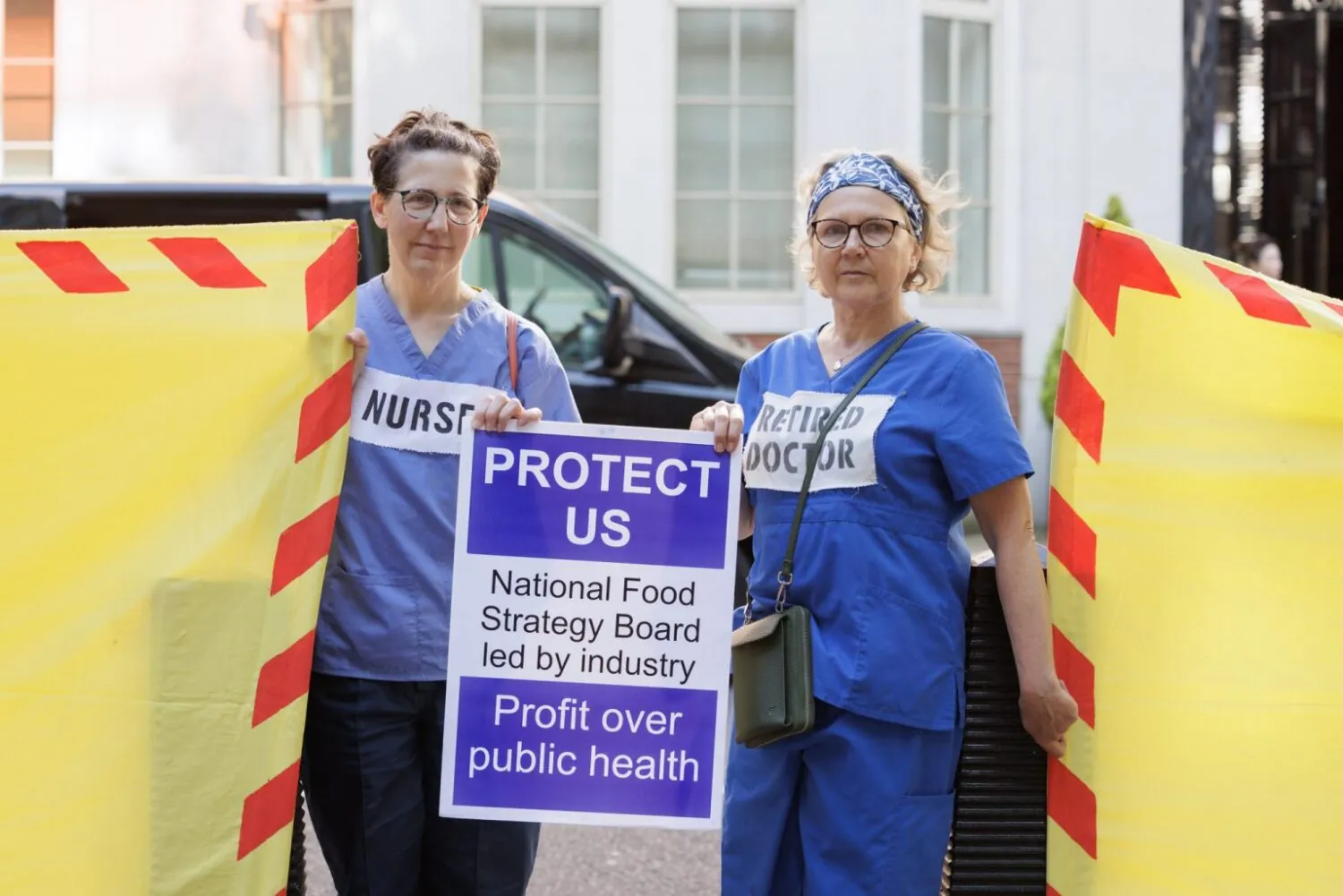
Doctors have warned that plans to pool medical records on to a database and share them with third parties could erode the relationship between them and patients.
The warning came as the Royal College of GPs wrote to NHS Digital urging it to better communicate with the public about the plans and their options for opting out.
Critics have voiced concerns over the NHS Digital plans, which would put the medical histories of more than 55 million patients into a database available to academic and commercial third parties for research and planning purposes.
Privacy campaigners have already spoken out against the proposals, which include sharing anonymised mental and sexual health data, criminal records, and more sensitive information. The records would be scraped from every patient in England registered to a GP clinic by NHS Digital, which runs the country’s healthcare IT systems.
The Doctors’ Association UK (DAUK), a campaigning and lobbying organisation comprised of doctors, said it was concerned this would “erode the doctor/patient relationship, leaving patients reluctant to share their problems due to fears of where their data will be shared”.
Dr Ellen Welch, a GP and the editorial leader of DAUK, said: “NHS Digital has failed to publicise this adequately to patients or healthcare staff, and we feel more time is needed to explain to patients how exactly their data will be used, who will benefit from it and what implications it may have for individuals.”
Prof Martin Marshall, the chair of the Royal College of General Practitioners (RCGP), said it supported the principle of improved sharing of data for important healthcare planning and research, but it was “critical that this is transparent and that patients have confidence and trust in how the NHS and other bodies might use their information”.
He said the RCGP and the British Medical Association were engaged with the planning of the new data collection, adding it would continue to lobby “NHS Digital to ensure appropriate safeguards are in place for how the data collected is used”.
Marshall said: “The job of informing the public must not be left to busy GPs, especially at a time of extreme workload pressures and focus on the Covid-19 vaccination programme, so we have written to NHS Digital urging them to undertake greater communications with the public about this new collection and their options for opting out.”
The health secretary, Matt Hancock, first announced the plan in April via blog posts on the NHS Digital website and flyers at GP surgeries.
However, the advocacy group MedConfidential told the Financial Times: ‘They’re trying to sneak it out, they are giving you six weeks nominally and if you do not act based on webpages on the NHS Digital site and some YouTube videos and a few tweets, your entire GP history could have been scraped, never to be deleted.”
The data will be anonymised and given “codes” that can be used to reveal the identity of the data’s owners if there is a “valid legal reason”. Privacy campaigners have said the plans are “legally problematic” and patients have been given a limited window to opt out. The deadline for opting out is 23 June and can be done by patients completing a form and giving it to their family doctor.
The digital rights campaign group Foxglove has written to the Department of Health and Social Care. “Very few members of the public will be aware that the new processing is imminent, directly affecting their personal medical data,” their solicitor, Rosa Curling, said in the letter.
A spokesperson for the British Medical Association said it was engaged in the planning for the collection and “made representations on behalf of GP practices” to “ensure stronger arrangements were put in place over the security and intended uses of the data collected, and to minimise administrative burden for practices”.
“We will continue to hold NHS Digital to account,” they said.
The UK’s data regulator is reportedly producing a data protection impact assessment about the plans.
An NHS Digital spokesperson said: “Patient data is already used every day to plan and improve healthcare services, for research that results in better treatments, and to save lives.
“During the pandemic, data from GPs has been used to benefit millions of us: helping to identify and protect those most vulnerable, roll out our world-leading vaccine programme, and identify hospital treatments which have prevented people dying from Covid.
“We have engaged with doctors, patients, data, privacy and ethics experts to design and build a better system for collecting this data. The data will only be used for health and care planning and research purposes, by organisations which can show they have an appropriate legal basis and a legitimate need to use it.”
They added: “We are exploring further options to expand our communications approach and remain committed to being transparent with patients and the public about the collection and use of data.”





